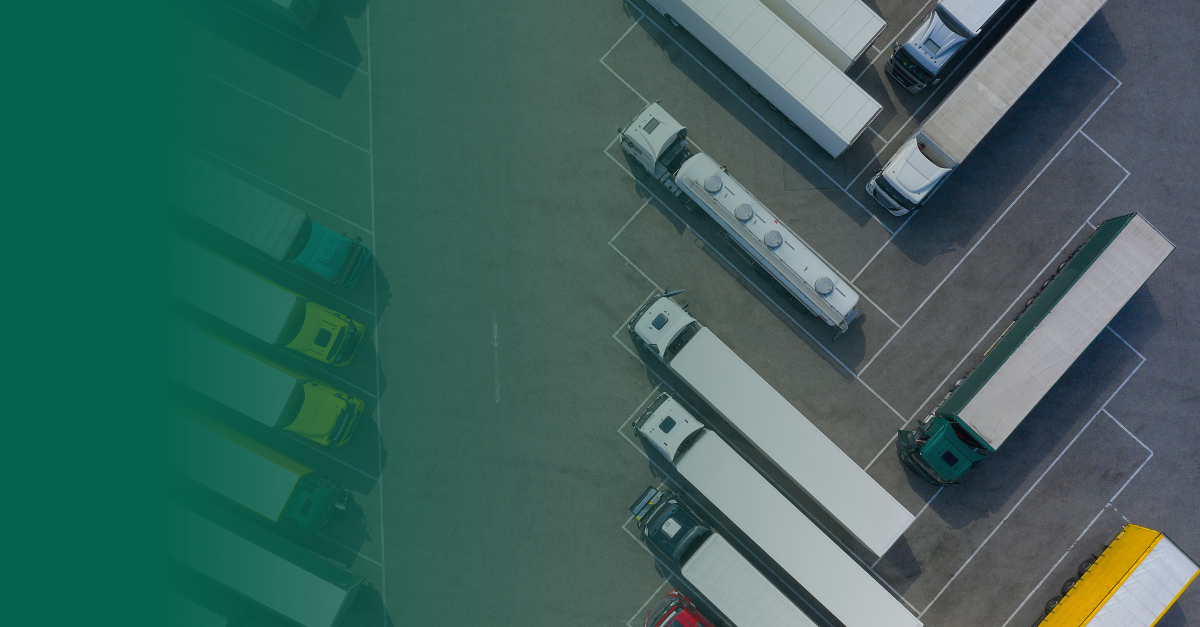5 key ways reverse logistics enhances supply chain efficiency

Estimated reading time 4 minutes
Reverse logistics, the process of moving returned goods back through the supply chain, is more than just managing returns. By optimising this necessary process, businesses can reduce costs, improve inventory management, strengthen sustainability efforts, and boost customer satisfaction. Let’s explore how adopting a dependable reverse logistics strategy can boost your supply chain operations.
1 ) Boosting cost efficiency
Streamlining the reverse logistics process can lead to substantial cost savings from admin and tech support to transportation and shipping. Recovering value from returned items, whether through restocking, refurbishing, or reselling, can in fact generate significant revenue. Modern technology enhances this process by providing full visibility and enabling the automation of tasks like inspections and routing. Businesses can achieve significant cost reductions by effectively managing returns and leveraging technology to handle inspections and routing. Additionally, integrating advanced analytics helps identify return patterns and trends, allowing companies to make informed decisions on product restocking or refurbishment. This data-driven approach not only cuts costs but also enhances overall supply chain efficiency.
2) Optimising inventory management
Effective reverse logistics is crucial for robust inventory management. By reducing excess stock and minimising waste, businesses can maintain the right inventory levels, avoiding overstocking. Analysing returns can also identify opportunities for product improvement or recycling. This proactive approach not only ensures that the correct items are available but also supports better decision-making regarding inventory replenishment and management. For example, understanding why products are returned can provide valuable insights into potential design flaws or manufacturing issues, ultimately reducing the number of returns and enhancing customer satisfaction. Moreover, recycling returned products or their components not only minimises waste but also contributes to a more sustainable business model.
3) Reducing production and cost losses
A well-implemented reverse logistics strategy helps businesses mitigate losses associated with failed products. By repairing, restocking, or repurposing valuable components, businesses can recapture value and reduce financial setbacks. This process optimises supply chain efficiency by ensuring that products are not wasted and can be reintroduced into the market. And what’s more, it provides businesses with a competitive edge by maximising the use of their resources. Repurposing components from returned items can also reduce the need for new raw materials, lowering production costs and environmental impact.
4) Enhancing sustainability efforts
In today's sustainability-conscious market, reducing the environmental impact is paramount. Reverse logistics plays a vital role in enhancing sustainability by facilitating the proper disposal, recycling, or reuse of products. Customers value these efforts, making sustainability not just an ethical choice but a strategic advantage. Furthermore, using recycled materials in production can reduce the overall carbon footprint and promote a circular economy, where products and materials are continuously reused and repurposed.
5) Driving customer satisfaction
Customer satisfaction is critical in a highly competitive business landscape. A successful reverse logistics process allows companies to offer seamless returns, which is essential for retaining customers, boosting their loyalty, and increasing the likelihood of repeat purchases. Understanding the needs of the end-customer and the reasons behind returns enables businesses to improve their products and services continuously. Providing clear instructions for returns and ensuring that the process is smooth and efficient demonstrates a commitment to customer satisfaction. Also, analysing return data can help identify common issues and areas for improvement, allowing businesses to proactively address these concerns and enhance product quality.
Unlock the potential of reverse logistics
Incorporating an effective reverse logistics strategy can transform your supply chain operations, turning challenges into opportunities for growth and efficiency. By focusing on cost reduction, inventory and costs optimisation, sustainability, and customer satisfaction, businesses can create a more resilient and responsive supply chain. At Alltrans, we specialise in helping businesses harness the power of reverse logistics in Ireland and across Europe, ensuring that your supply chain remains efficient and customer-centric.
Learn more about our services
To find out more about how Alltrans can help you, get in touch with a member of our team today.




